“Joy doesn’t replace any emotion, it holds them all and keeps any one of them from swollowing us whole . . . joy says hold on to your sorrow, it can rest safely here . . . when repair happens, joy bares witness to it.”
Cole Arthur Riley
Oh my. There is so much beauty in the rhythm and style of Riley’s words and sentences, her stories and family, her ideas and wisdom. So much power in the connections she makes between joy and sorrow and oppression and liberation: “In pursuit of liberation, we do not need to pine after the power of our oppressor, we have to long for our own power to be fully realized. We don’t want to steal and dominate someone else’s land, we want agency in reclaiming and establishing our own spaces . . . we don’t want to silence . . . we want to be believed.” Riley liberates the oppressed by placing power in the self, recognizing that this is true oppression: to be taken from one’s self. And instead of passing oppression and hate around for the wounds she holds in her DNA, she explores what liberation is.
Riley’s words teach me that first I must listen. First I must witness and believe that her experiences are different than mine, her wounds severe. Black experiences need to be validated, listened to, believed. Healing can only happen if the wounds are acknowledged, cleaned, scraped out. Listen. Listen. Listen.
Riley’s contemplations on joy are fascinating. She describes “joy” as one of her “earliest alienators.” She belonged to a loud, laughing family to which she hid in closets and bathrooms and trees. I found myself in her story. And then Riley, through her wisdom, teaches me that my family “didn’t need me happy” either, “they just wanted me close.”
Thank you, Cole Arthur Riley. I am so so glad you add your voice to the generations of others who have spoken.



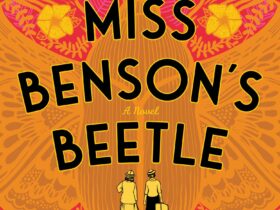




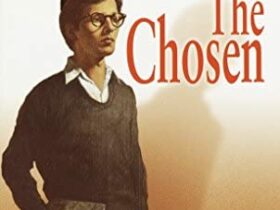
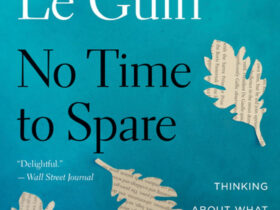


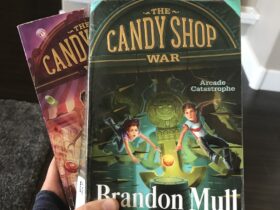
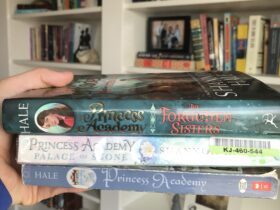
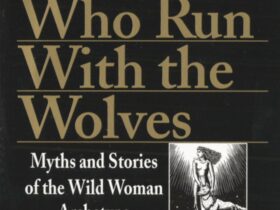





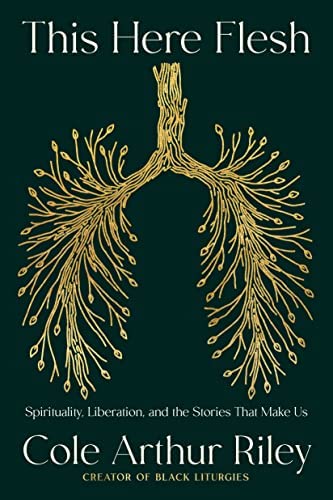



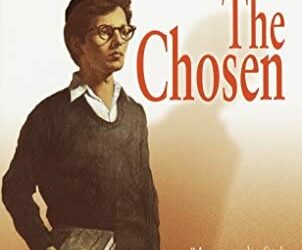
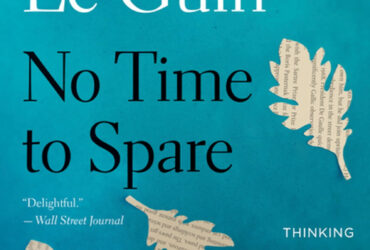
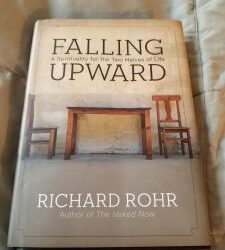

Leave a Reply